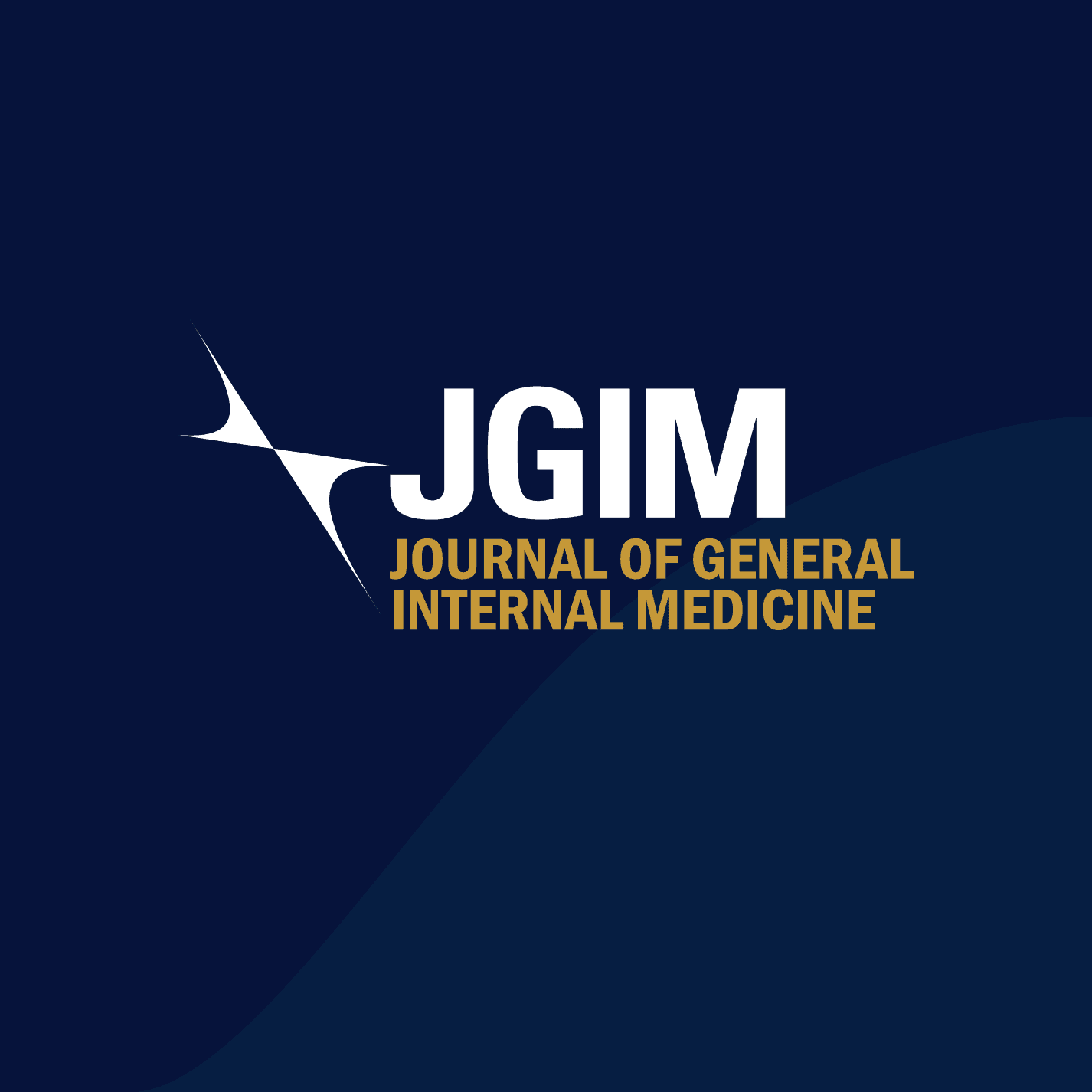Abstract
Background
“Before medically advised” (BMA) discharges are rising among hospitalized people with opioid use disorder (OUD) and associated with worse outcomes. However, little is known about BMA discharge among the growing share of U.S. Medicare beneficiaries with OUD.
Objective
To examine patterns of hospital readmissions and mortality by discharge type among Medicare beneficiaries with OUD.
Design
Retrospective cohort study using 100% national inpatient Medicare data from 2016 to 2019.
Participants
Fee-for-service Medicare beneficiaries age 18 + with an OUD diagnosis during an inpatient hospitalization. Discharge types were classified as BMA, home, skilled nursing facilities (SNFs), or non-SNF institutional settings.
Main Measures
Using linear probability models adjusted for demographic, clinical, and hospital covariates, we examined 30-day unplanned all-cause readmission and mortality probabilities across discharge types. Secondarily, we assessed time until readmission and mortality, repeated readmissions or BMA discharges, readmission to different hospitals, and primary readmission diagnoses.
Key Results
Among 339,712 hospitalized Medicare beneficiaries with OUD, 13,997 (4.1%) were discharged BMA. Within 30 days, 25.5% of patients discharged BMA were readmitted and 2.5% died. Compared to other discharges, readmissions after BMA discharge occurred sooner (9.9 vs. 12.8–13.3 days), and were more likely to happen repeatedly (23.4% vs. 13.1–18.3%), end in another BMA discharge (20.9% vs. 0.8–3.5%), and take place at different hospitals (50.8% vs. 29.8–37.6%). Adjusted readmission probabilities for BMA discharges were 7.1 percentage points (pp) higher than home discharges and 6.0–8.9 pp higher than SNF and non-SNF discharges (all p < 0.001). Adjusted mortality probabilities for BMA discharges were 0.7 pp higher than home discharges, but 0.8–1.9 pp lower than SNF and non-SNF discharges (all p < 0.001).
Conclusions
BMA discharge among Medicare beneficiaries with OUD is associated with fragmented patterns of post-discharge care, and increased readmissions and deaths relative to home discharges. Efforts are needed to address the drivers and consequences of BMA discharge among individuals with OUD in Medicare.
Topic
JGIM
Author Descriptions
Department of Health Services, Policy, and Practice, Brown University School of Public Health, Providence, RI, USA
Talia S. Benheim BA, Miriam George MPH & Patience M. Dow PhD
Section of General Internal Medicine, Boston University Chobanian and Avedisian School of Medicine and Boston Medical Center, Boston, MA, USA
Simeon D. Kimmel MD, MA
Section of Infectious Diseases, Boston University Chobanian and Avedisian School of Medicine and Boston Medical Center, Boston, MA, USA
Simeon D. Kimmel MD, MA
Share
Related Articles
Clinical Utility of Routine Monoclonal Gammopathy Testing in the Evaluation of Peripheral Neuropathy
Abstract Background Peripheral neuropathy can be associated with certain monoclonal gammopathies; therefore,…
Starting Two or More Drugs Concurrently in Primary Care: How Often Is It Done, How Often Is It Needed?
Abstract Background There is growing awareness of the need for more cautious,…


